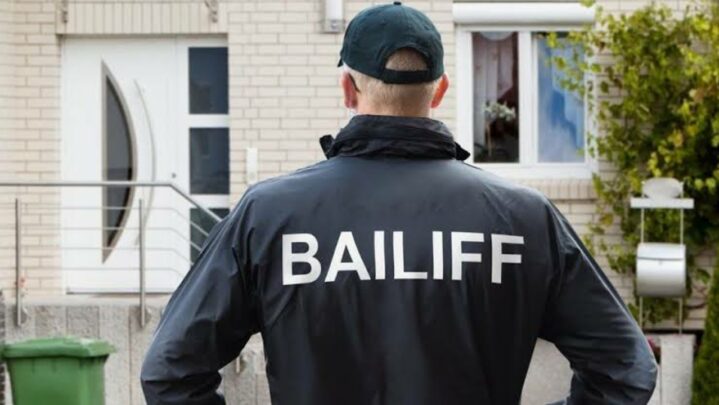If you’ve ever had to appear in court, you’ll see a person in a uniform in the front row. When the judge comes in, he usually gives instruction to those who need it, and he announces his arrival and brings the court to order. A bailiff is a person who is in charge of enforcing a court order.
Bailiffs were first used in England in the 11th century, when courts were more concerned with administrative rather than legal matters. Bailiffs were in charge of carrying out the court’s orders and managing the assets that the courts had taken control of. As a result, they were referred to as a manager, caretaker, or overseer. A bailiff was a court official who enforced the court’s orders and had some authority.
A bailiff’s primary responsibility is to protect the court and, in particular, the judge. They will carry out the judge’s orders and execute all of the court’s policies. If a judge orders someone to leave the courtroom, it is the judge’s responsibility to see that the person is removed and, if necessary, restrained.
Bailiffs separate the public from the jury and guide them from one location to the next. They keep the proceedings running smoothly and assist with the secure handling of evidence. They administer oaths to witnesses and maintain vital files and paperwork for the court.
They are the first line of defence between persons who are involved in a legal action and those who wish to damage them.
A bailiff’s key responsibilities include:
– Minimizing court disruptions by removal or arrest.
– Keeping an eye on jurors who are being held in motels overnight.
– Taking weapons or other potentially dangerous items out of the courtroom.
– Assisting with security or medical emergencies.
– Maintaining case files and necessary documents for the judge.
– Making announcements to everyone in the courtroom.
– Preventing jurors from communicating with the general public.
– Assisting jurors as needed and ensuring their safety.
A bailiff is a person who works inside a courthouse to ensure that everyone within is safe. While a bailiff will spend the most of his or her time in the courtroom, he or she may also work in the public sector, such as transporting jurors or protecting them at their hotel during a sequester.
Keep reading successyeti.com
Also Read: Droom And ShopClues Founder Sandeep Aggarwal’s Inspiring Story





